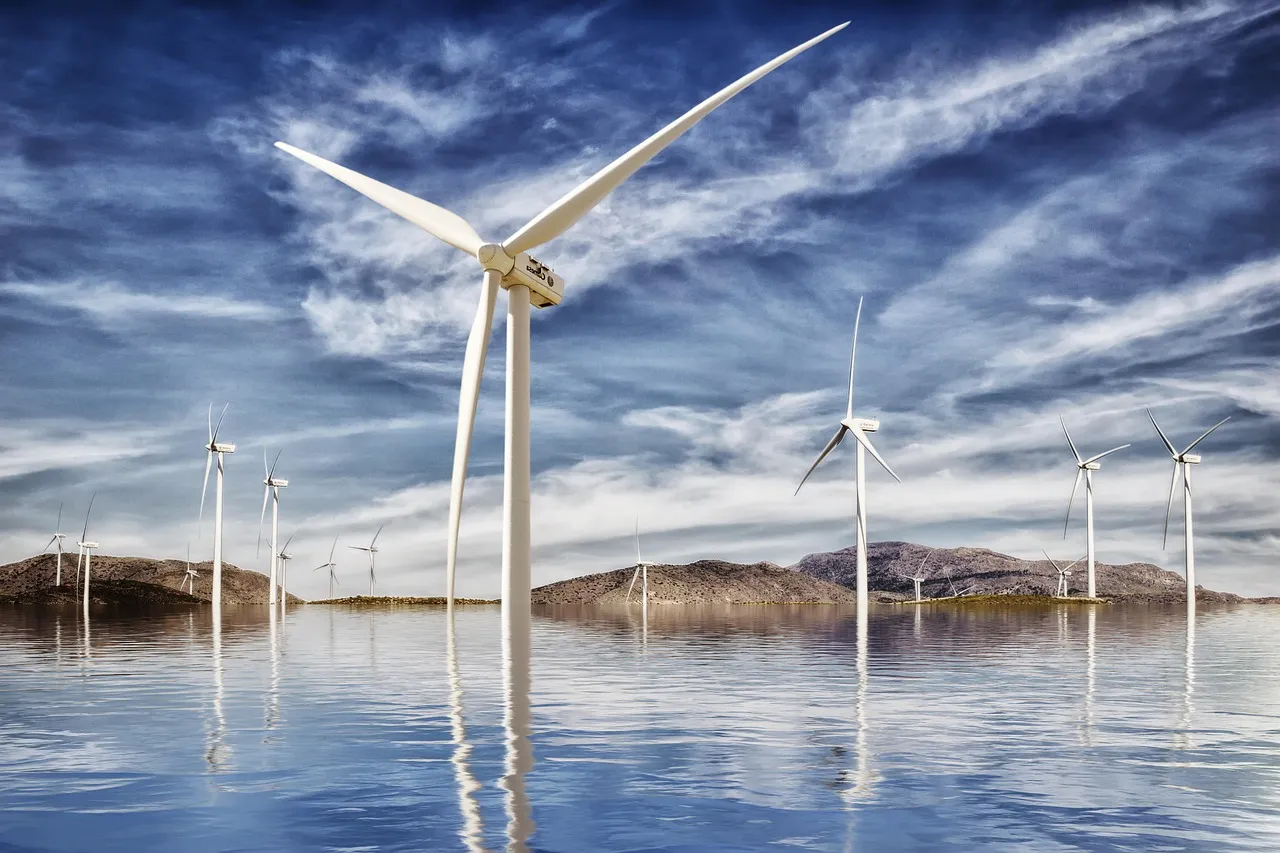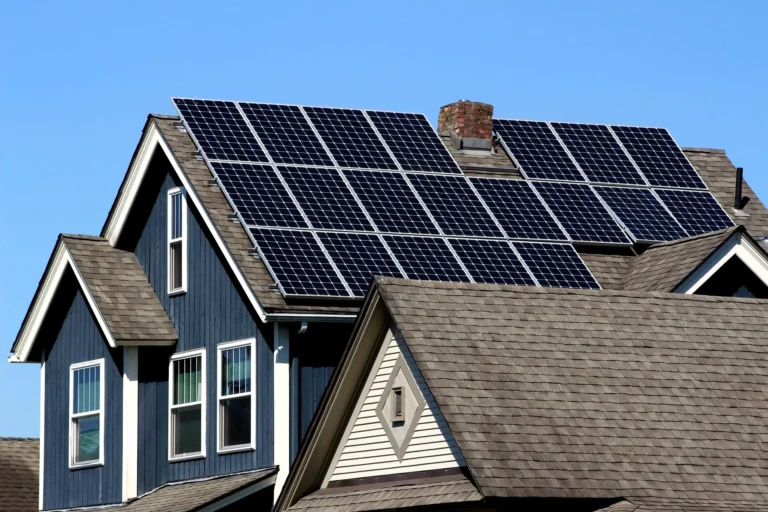
Coalition Calls on Interior Secretary Burgum to Halt Offshore Wind Construction in New England Over Flawed Permitting and Environmental Threats
A broad alliance of environmental advocates, fishing groups, tribal nations, and community organizations is urging U.S. Secretary of the Interior Doug Burgum to immediately halt all offshore wind energy construction projects along the New England coastline. Their call comes in response to a scathing Government Accountability Office (GAO) report that, according to the coalition, validates their longstanding concerns over systemic failures in the permitting and oversight processes led by the Bureau of Ocean Energy Management (BOEM).
In a joint letter sent to Secretary Burgum, the coalition — including Green Oceans, ACK for Whales, the Long Island Commercial Fishing Association, Protect Our Westport Waters, Save Greater Dowses Beach, the Save Right Whales Coalition, and the Wampanoag Tribe of Gay Head/Aquinnah — demanded a comprehensive moratorium on the offshore wind projects currently underway or planned in the region. These include Revolution Wind, Vineyard Wind, South Fork Wind, Sunrise Wind, SouthCoast Wind, and New England Wind — collectively encompassing a lease area of over 1,400 square miles of ecologically sensitive marine habitat stretching from Long Island Sound to the waters off Cape Cod.
The letter, which presents a detailed list of alleged regulatory oversights, environmental risks, and violations of federal laws, calls for a complete reevaluation of existing offshore wind permits. Central to the coalition’s concerns is what they describe as a lack of adequate tribal consultation, deficient environmental impact assessments, and failure to account for cumulative environmental and socioeconomic impacts.
Environmental and Ecological Concerns
One of the most urgent issues raised in the letter is the risk to the critically endangered North Atlantic right whale. The coalition emphasizes that pile driving and other construction activities are being conducted in waters currently occupied by nearly half of the species’ remaining population — an estimated fewer than 360 individuals worldwide.
“Time is critical,” the letter warns. “Pile driving is resuming in waters currently occupied by nearly half of the remaining North Atlantic right whale population. Without your immediate intervention, these projects will drive this highly endangered species closer to extinction, irreversibly damaging Tribal Cultural Resources, marine habitats, and biodiversity.”
In addition to threats to whales, the groups also cite broader environmental hazards, including the destruction of critical marine habitats such as cod spawning grounds, the disruption of migratory bird patterns, and long-term harm to biodiversity across the ecosystem. The scale and pace of construction, they argue, exceed the capacity of current regulatory frameworks to ensure proper environmental safeguards.
Economic, Cultural, and Legal Dimensions
The letter also highlights the adverse economic implications of the projects, particularly for the fishing industry, which many in the coalition claim has already suffered as a result of expanded offshore energy development. “Severe adverse impacts on regional fisheries and economic displacement” were among the key harms listed.
Furthermore, the coalition expressed grave concern over what they characterize as a misleading narrative around the purported benefits of the projects. Specifically, they challenge economic projections that claim job growth and energy cost savings. According to the groups, these analyses often exclude significant regional job losses — especially in traditional maritime sectors — and the likelihood of higher electricity prices for consumers.
“These projects could cost the U.S. taxpayer over $60 billion in the next several years,” said Dr. Lisa Quattrocki Knight, President and co-founder of Green Oceans. “They will raise the price of electricity. Higher electricity prices will displace manufacturing jobs. Fishing jobs have already been harmed. Most egregiously, these projects will not influence climate change.”
Knight added that environmental responsibility and sound governance must be the foundation of any large-scale energy development initiative. “Every day that another pile is driven into the ecologically fragile seabed, more ocean is despoiled, more marine life is threatened, and the right whale moves closer to extinction. This is an urgent problem that needs an immediate remedy.”
The letter also raises national security concerns, citing interference with defense radar systems and marine navigation safety due to the placement of massive turbine arrays. The group also claims that the permitting process has left taxpayers exposed to long-term financial liabilities, particularly around decommissioning costs. According to the coalition, many of the foreign companies involved in the construction of these offshore wind farms have been “unjustly relieved” of the requirement to establish financial reserves for eventual dismantlement of the facilities.
“Once these turbines are built, we will have a recurring environmental catastrophe off our shores that will be difficult, if not impossible, to undo and afford,” said Val Oliver, President of ACK for Whales. “These predominantly foreign energy conglomerates, dependent on federal subsidies to construct their projects, have managed to offload the burden of future decommissioning onto the American taxpayer. Better to stop the construction now before it’s too late.”
Tribal and Community Rights
Among the signatories of the letter is the Wampanoag Tribe of Gay Head (Aquinnah), whose leaders have voiced serious concerns about the projects’ impacts on Tribal Cultural Resources and sacred sites in offshore areas. They contend that meaningful tribal consultation, as required under federal law, has been insufficient or altogether lacking.
The coalition contends that the government’s failure to properly consult with tribes and to assess cumulative cultural impacts represents a direct violation of statutes such as the National Historic Preservation Act and the National Environmental Policy Act (NEPA).
“It is imperative that tribal voices are not just acknowledged, but meaningfully included in all phases of environmental review and permitting,” said a spokesperson for the tribe. “We are stewards of these waters, and we are deeply concerned about the long-term consequences for our cultural heritage.”
A Broader Call for Oversight and Reform
The letter references the GAO report as evidence of what the coalition describes as “systemic, repeated material deficiencies” in how BOEM has handled the permitting and environmental review processes for offshore wind. These failures, they argue, are not isolated incidents but rather symptoms of a larger pattern of negligence and mismanagement.
“We believe Secretary Burgum has an opportunity to establish a lasting legacy of responsible ocean stewardship and lawful governance,” said Dr. Knight. “The future of our oceans and the countless species and communities depending on them rests on swift, decisive action.”
Others in the coalition pointed to Secretary Burgum’s own public statements as reason for cautious optimism. “We are optimistic,” said Susanne Conley, Executive Director of Save Greater Dowses Beach. “Secretary Burgum has expressed his skepticism of the offshore wind industry, writing on social media last month, ‘The offshore wind industry has relied on tax subsidies for 30 years – not anymore.’”







